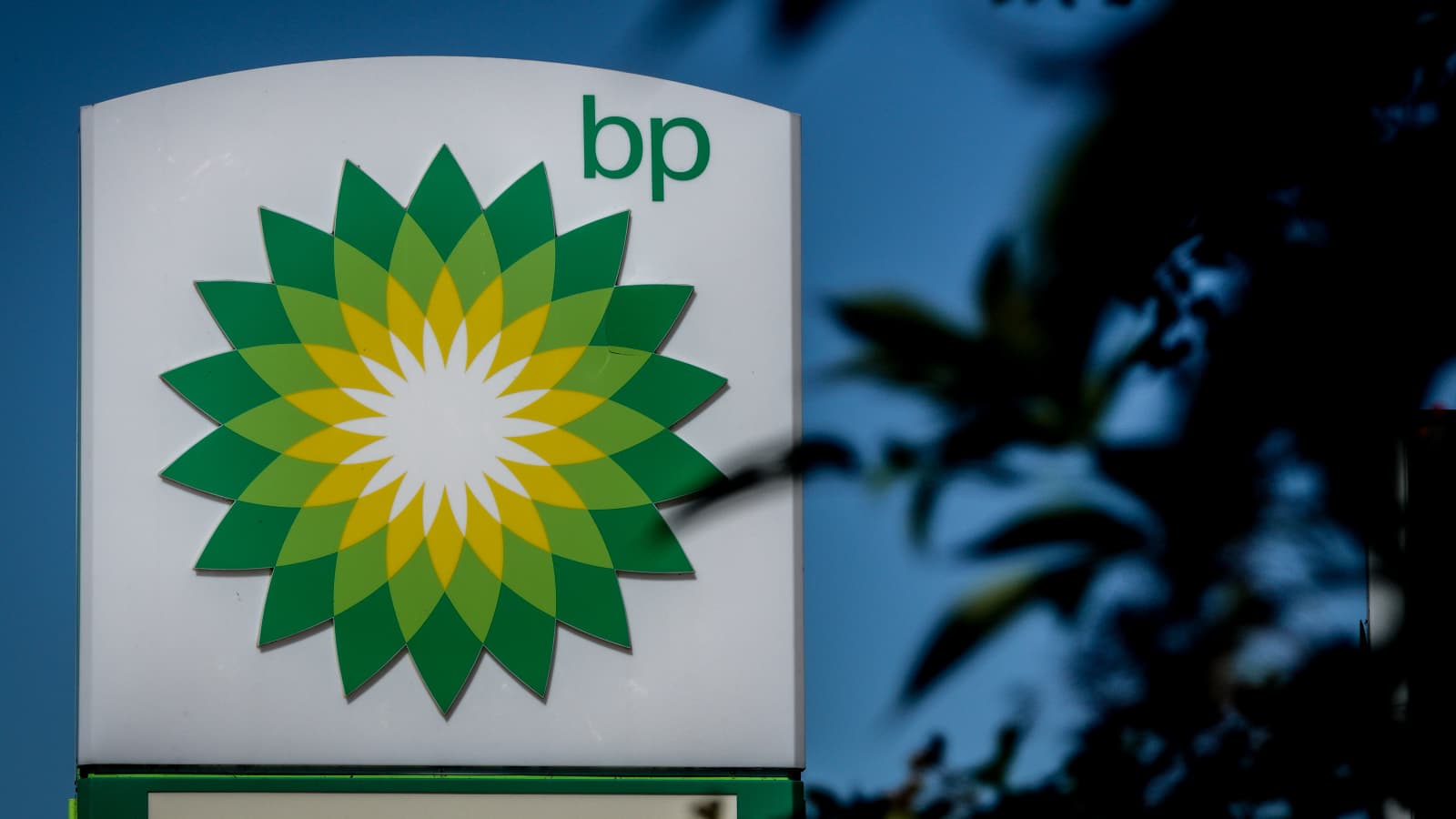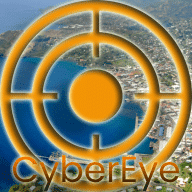
BP, the British energy conglomerate, is currently engaged in discussions with the governments of Venezuela and Trinidad and Tobago about the potential development of the Manakin-Cocuina offshore gas field, a shared resource between the two countries. This strategic dialogue was highlighted during a meeting on Wednesday, involving BP’s President for Trinidad and Tobago, Sir David Campbell, Trinidadian Energy Minister Stuart Young, and Venezuelan Oil Minister Rafael Tellechea.
BP’s interest in this venture is aligned with its broader aim to bolster natural gas production in Trinidad, leveraging the nation’s established LNG export facilities, notably the Atlantic LNG liquefied natural gas export terminal. This initiative echoes Shell’s successful endeavors in extracting natural gas predominantly from Venezuelan waters while utilizing Trinidad’s LNG export infrastructure.
Amid a decline in BP’s gas output in Trinidad from over 2.2 billion cubic feet per day (bcf/d) to around 1.2 bcf/d over the past five years, the Manakin-Cocuina field emerges as a pivotal asset. Situated on the maritime demarcation between Venezuela and Trinidad, this field is believed to contain upwards of 1 trillion cubic feet (tcf) of natural gas.
Venezuela’s national oil company, PDVSA, has shown a keen interest in the project, hinting at future exploration and development licenses for the non-associated gas within its sector of the shared field through social media expressions. This collaborative effort underscores a significant step towards enhancing regional energy security and operational synergies between Venezuela and Trinidad and Tobago.


